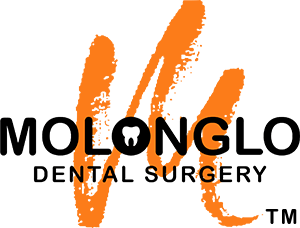For some people, having a phobia of anything can significantly affect their daily life. However, when that fear is of the dentist, the consequences can have serious effects on oral health. A fear of the dentist can stem from a previous bad experience or anxiety that treatment will be painful.
It is crucial to seek help for your dental phobia because avoiding dental care can lead to irreversible damage to oral health. Fortunately, dental treatment has undergone significant advancements over the years. Dentists are now more aware and equipped to help anxious patients. Waiting rooms are often designed to be comfortable, and staff are trained to handle nervous patients.
Thanks to these developments, it is now possible for dental treatment to cause no pain at all. Numbing gels can be used to numb the gum area before injections, which themselves have been developed to cause little to no pain.
If you are feeling anxious or scared of dentists in general, there are a few things you can do to cope and ease your fears. First, speak to your dentist and explain your feelings. Together you can work to make your visit as relaxed as possible.
If your phobia is severe, you can opt for dental sedation, or what is sometimes known as sleep dentistry. Sedation is sometimes recommended for nervous and anxious patients to allow dentists to carry out necessary work without putting a fearful patient through too much stress.
Inhalation sedation, which is delivered through a nose piece and is similar to gas and air, or intravenous sedation, which is delivered through an injection in your hand or arm, are two common forms of sedation.
Intravenous sedation is not for putting you to sleep, and you will be awake during treatment, but it does help calm and relax patients to the point where they do not remember having the procedure.
Three things that always help with dental anxiety
There are three strategies that can help to manage this phobia and make dental visits more comfortable.
Firstly, taking a trusted companion with you to your dental appointment can help to ease anxiety. Having someone familiar by your side can provide peer support and comfort.
Another strategy is to find distractions to take your mind off the dental procedures. Watching television or listening to music with headphones can help to drown out the sounds of dental equipment and provide a more pleasant experience.
Relaxation techniques such as deep breathing and meditation can also be useful for managing dental anxiety. Practicing these techniques regularly can help to reduce feelings of nervousness and panic.
Finally, communicating with your dentist about your fears and asking questions about the procedures can also help to provide a sense of control and reduce anxiety. Dentists are trained to work with patients who have dental phobia and can recommend appropriate treatments and even come up with a safe word for the patient to use if they feel overwhelmed.
There is no need to let a fear of the dentist impact your oral health. Dental treatment has come a long way, and there are many coping mechanisms and treatments available to make your visit as comfortable as possible.
Speak to your dentist and explore your options so that you can receive the necessary care without stress or anxiety.
For more information on our Dental Sedation or Sleep Dentistry services, book an appointment with our Friendly Dentist in Molonglo Valley. Contact Molonglo Dental Surgery at 02 6287 1222.



